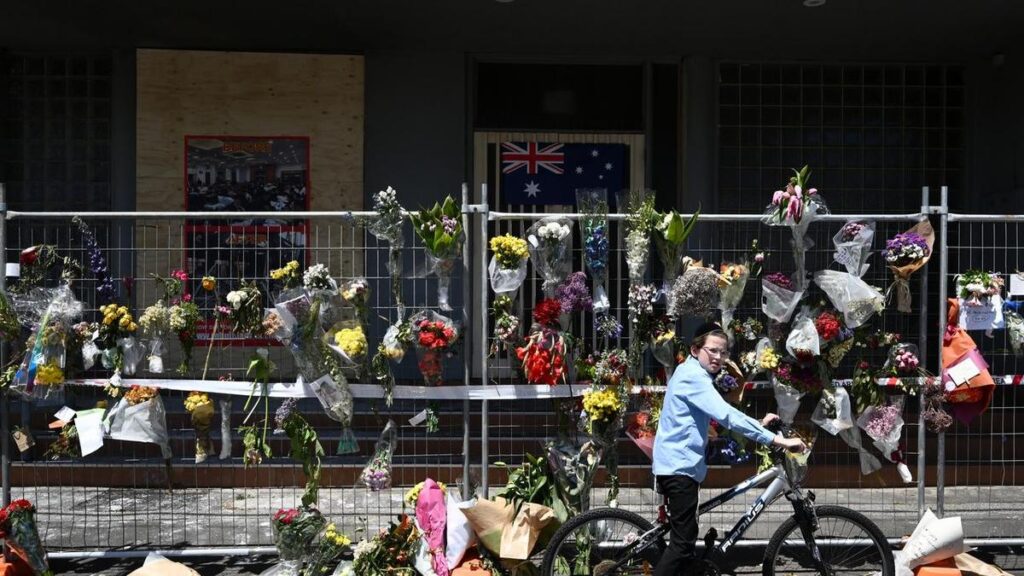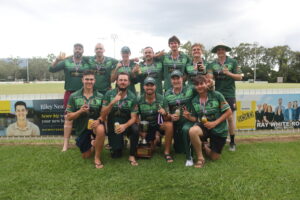
Victorian Premier Jacinta Allan has announced a significant modification to her government’s plans aimed at banning face coverings and masks during protests, a decision that has drawn criticism from police officials. The revised legislation will allow police to order the removal of masks if they suspect a protester is committing or about to commit a criminal offence. This change comes after previous commitments to implement a stricter ban, particularly following the firebombing of the Adass Israel Synagogue.
During a press conference, Allan confirmed that the legislation will be introduced to the state parliament this week, but it will not fully align with her earlier announcements. The Premier emphasized that the updated measures are designed to bolster police powers when addressing violent extremist behaviour at protests. She stated, “No one has the right to spread hate or act violently on our streets, and particularly around protests.”
Despite the Premier’s reassurances, the president of the Victoria Police Association, Wayne Gatt, has expressed skepticism regarding the effectiveness of the new measures. He remarked that if the legislation merely requires officers to ask protesters whether they have lawful reasons for wearing masks, it could prove ineffective. Gatt characterized it as potentially being labeled “the pretty please bill,” questioning how officers could approach numerous individuals in face coverings without exacerbating tensions.
On December 17, 2022, Allan had initially announced a comprehensive ban on face masks and balaclavas at protests in response to a rise in anti-Semitic incidents in Melbourne. The aim was to target extremist behaviour and enhance community safety. However, the latest revision of the legislation appears to dilute that intention, prompting criticism from opposition leaders.
Opposition Leader Brad Battin criticized the toned-down legislation, stating that it “simply won’t cut the cake.” He highlighted concerns that such measures may not adequately address the challenges faced by law enforcement during protests.
The amended legislation includes fines exceeding $1,000 for non-compliance, alongside prohibitions on displaying terrorist symbols or flags. Additionally, protesters will be barred from using attachment or locking devices in a manner that poses risks to the public or emergency responders, with potential penalties reaching up to one year in prison.
Allan noted that the changes were made following consultations on what legislation could successfully pass through parliament while remaining enforceable by Victoria Police. She acknowledged that a complete ban had a high likelihood of facing legal challenges, which could undermine the intended safety measures.
As the political landscape continues to evolve concerning protest regulations, the government seeks to strike a balance between civil liberties and public safety. The upcoming parliamentary discussions will likely reveal the extent to which these new measures will impact the dynamics of protests in Victoria.






